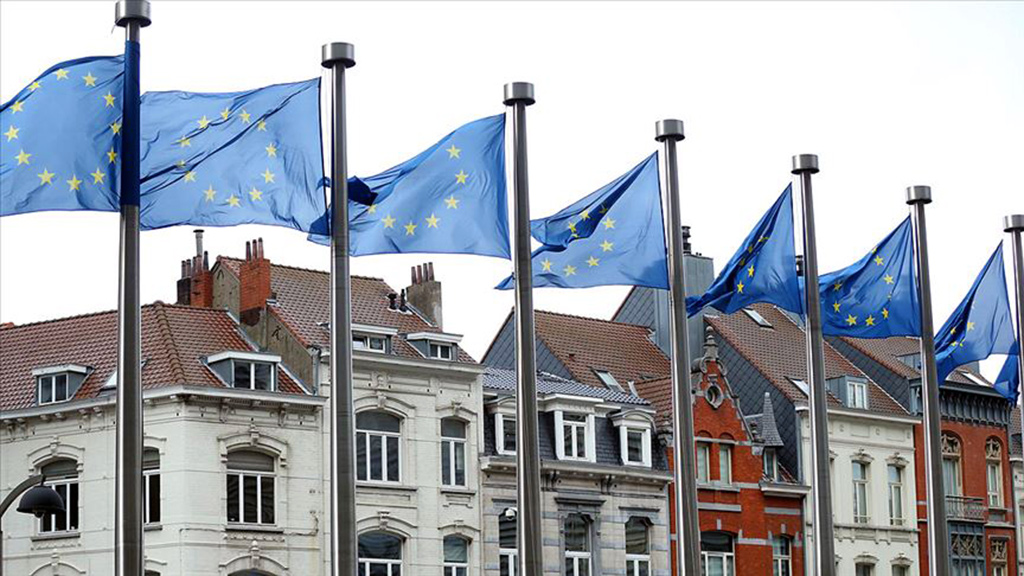The response to the European Parliament's non-binding decision was low level on Turkey's side. The government rejected the European Parliament's decision. The ruling Justice and Development Party (AK Party) spokesman Ömer Çelik rebuked the approval of the resolution. The Foreign Ministry also rejected the vote and declared that the decision was "baseless" and "one-sided."
The Foreign Ministry did not want to raise the tensions with the EU further and declared that "EU accession is Turkey's strategic goal and we are still committed to this goal." The Turkish public is already uninterested in hearing any criticism from Brussels. They have no interest and expectations from the EU. EU Rapporteur on Turkey Kati Piri's report probably aimed to empower the opposition groups in Turkey, but Piri is so biased against the AK Party government that she acts like a domestic political actor in Turkey. Such efforts only reduce Piri's credibility in Ankara. The European Parliament is not the right platform to empower opposition groups in Turkey.
Turkish-European relations beyond the European Parliament
The European Parliament's decision on Turkey is not a significant turning point in the relations between Turkey and the EU. Steps to strengthen the ties between the EU and Turkey and high-level official contacts are expected after the local elections in Turkey to stimulate the relations with the EU despite all the harmful efforts.
Strengthening of the ties between Turkey and the EU is becoming much more significant, taking into consideration the trajectory of global politics. There is a potential for increasing political and economic uncertainty due to the weakening of the transatlantic relations. The U.S. is reducing its commitment to the security of Europe. The Brexit decision constitutes political uncertainty in the EU. Britain is one of the most important players in terms of its military capabilities and technology. Britain's decision to leave the EU may make the future of Europe security even more uncertain. Rising protectionism and emerging trade barriers may be hurting European economies furthering the economic stagnation in the old continent.
Turkey needs a new stimulus to reform its economic institutions and deepen energy cooperation with Europe. Ambiguities and uncertainties in the international arena do not make Turkey feel comfortable enough to reform its political institutions and the legal system that was damaged due to the failed coup attempt on July 15, 2016.
The traumatic memory of the failed coup still affects the government in Turkey, creating a sense of insecurity. Such a feeling prevents Turkish politicians and state institutions from moving beyond the security agenda. If the European intuitions and politicians want a real and sincere change in Turkey, they should help to take steps to overcome some of Turkey's concerns about the PKK, the Gülenist Terror Group (FETÖ) and the ongoing crisis in Syria. A stable Turkey in terms of its economy, political and legal system, and security is crucial for the stability of Europe as well. Turkey and the EU should cooperate and collaborate more, not less, to reduce the political, economic and security-related uncertainties in a time of significant transformation in world politics. It is the responsibility of visionary leaders in Europe to take bolder steps to improve relations with Turkey. If Europe slides into the stream of populist, reactionary tendencies along the lines of the European Parliament, they may pay a higher price in the medium and long term.
[Daily Sabah, 15 March 2019]







